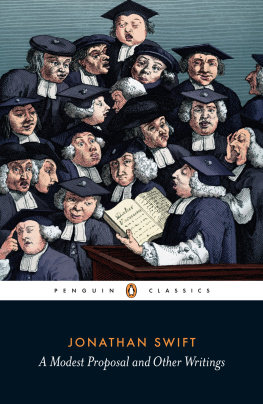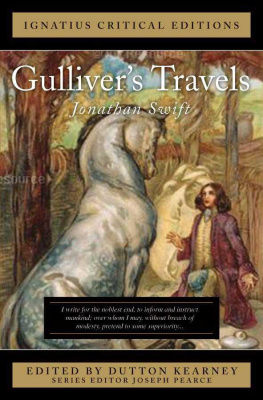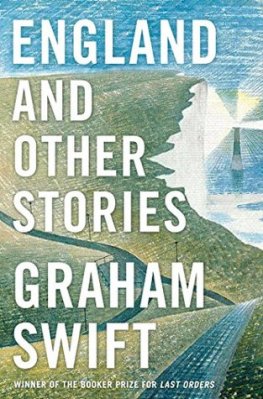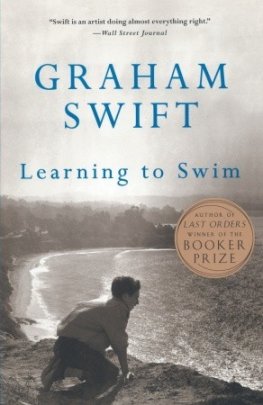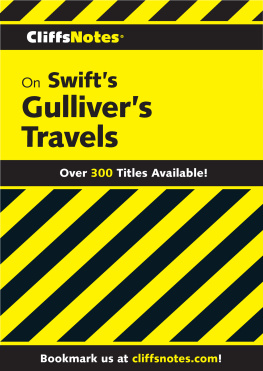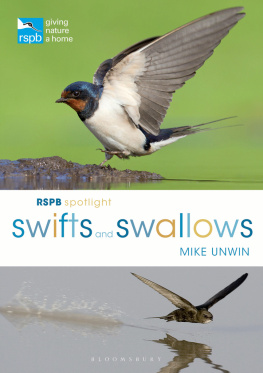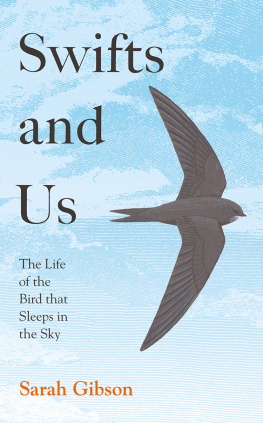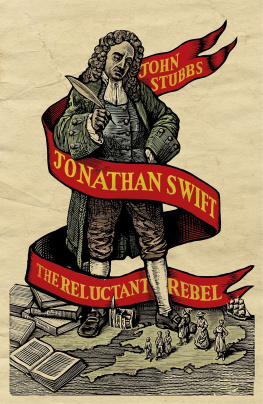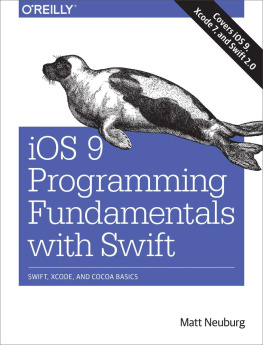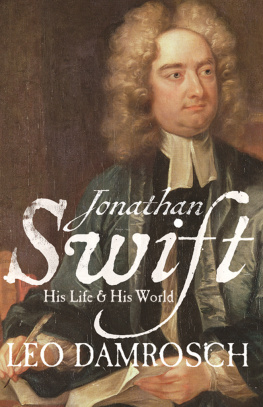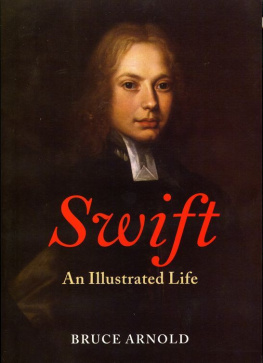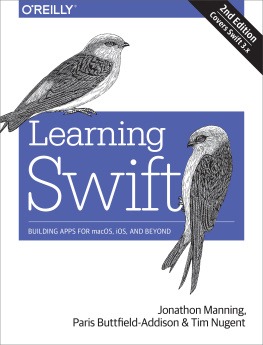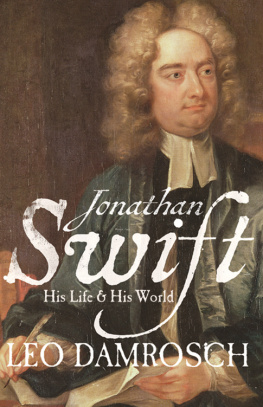JONATHAN SWIFT
A Modest Proposal
and Other Writings
Edited with an Introduction by
CAROLE FABRICANT
PENGUIN BOOKS
PENGUIN CLASSICS
Published by the Penguin Group
Penguin Books Ltd, 80 Strand, London WC2R 0RL , England
Penguin Group (USA) Inc., 375 Hudson Street, New York, New York 10014, USA
Penguin Group (Canada), 90 Eglinton Avenue East, Suite 700, Toronto, Ontario, Canada M4P 2Y3
(a division of Pearson Penguin Canada Inc.)
Penguin Ireland, 25 St Stephens Green, Dublin 2, Ireland
(a division of Penguin Books Ltd)
Penguin Group (Australia), 250 Camberwell Road, Camberwell, Victoria 3124, Australia
(a division of Pearson Australia Group Pty Ltd)
Penguin Books India Pvt Ltd, 11 Community Centre, Panchsheel Park, New Delhi 110 017, India
Penguin Group (NZ), 67 Apollo Drive, Rosedale, North Shore 0632, New Zealand
(a division of Pearson New Zealand Ltd)
Penguin Books (South Africa) (Pty) Ltd, 24 Sturdee Avenue, Rosebank, Johannesburg 2196, South Africa
Penguin Books Ltd, Registered Offices: 80 Strand, London WC2R 0RL , England
www.penguin.com
This edition first published in Penguin Classics 2009
Selection and editorial material copyright Carole Fabricant, 2009
All rights reserved
The moral right of the editor has been asserted
Except in the United States of America, this book is sold subject to the condition that it shall not, by way of trade or otherwise, be lent, re-sold, hired out, or otherwise circulated without the publishers prior consent in any form of binding or cover other than that in which it is published and without a similar condition including this condition being imposed on the subsequent purchaser
ISBN: 978-0-14-193175-3
A MODEST PROPOSAL AND OTHER WRITINGS
JONATHAN SWIFT was born in Dublin on 30 November 1667, some months after his fathers death. He was sent to Kilkenny Grammar School when he was six and later attended Trinity College, Dublin, where he received his BA degree in 1686. When civil war broke out between the forces of William III and the Catholic James II in 1688, Swift fled to England, where he took up employment in the household of Sir William Temple and first met Esther Johnson, later to be immortalized as Stella in the birthday poems and London journal he addressed to her. Ordained in Ireland in 1694, he spent an unhappy year as an Anglican churchman in largely Presbyterian Kilroot, near Belfast, before returning to Temples service, where he became involved in the AncientsModerns controversy, for which he wrote A Tale of a Tub and The Battel of the Books. Having obtained his Doctor of Divinity degree from Trinity College in 1702, he was sent to England as an emissary of the Church of Ireland in order to win remission of the First Fruits (a tax paid by the Irish clergy to Queen Anne): an aim he achieved during his extended stay in London (171014) while supporting the Tory ministry through his periodical The Examiner. During his stay he was actively involved in Londons literary scene, becoming a member of the Scriblerus Club and forming close ties with writers such as Alexander Pope, John Gay and Joseph Addison. Following the ministrys fall in the summer of 1714, Swift returned to Ireland to take up his post as Dean of St Patricks cathedral in Dublin, where (except for two extended visits to England in 1726 and 1727) he remained for the rest of his life. It was during this final period that Swift achieved his greatest successes: first as the Drapier, whose galvanizing Letters helped prevent the circulation of potentially worthless half-pence made in England for Irish consumption (1724); later, as the author of Gullivers Travels (1726), an enormously popular work in its day that has resonated with both young and old for centuries thereafter. His widespread reputation as Hibernian Patriot grew out of the numerous tracts and satires he wrote against Britains repressive colonialist policies in Ireland, and which included his ironic masterpiece, A Modest Proposal (1729). Swift died on 19 October 1745 and was buried in St Patricks cathedral under an epitaph he himself composed, which acknowledged a life of savage indignation and exalted his role as a strenuous champion of liberty.
CAROLE FABRICANT is Professor of English at the University of California, Riverside. She is the author of Swifts Landscape (originally published by the Johns Hopkins University Press in 1982; reissued in paperback with a new introduction by the University of Notre Dame Press in 1995) and has published widely on a number of eighteenth-century writers, including Alexander Pope, Edmund Burke and Bishop Berkeley, as well as on topics such as landscape gardening, travel, tourism and questions of colonialism and race in the eighteenth century, especially as they relate to BritishIrish relations during the period.
Acknowledgements
Over the long and sometimes frustrating course of preparing this edition, many friends and colleagues have provided assistance and support of various kinds. For bibliographic assistance and help with manuscript preparation I wish to thank Kristin Brunnemer, Jay Conway, Tracy Curtis, Lora Geriguis, Corrinne Harol, Marilyn Kim, Mark Quigley and Jackie Stallcup. For advice about translations I am indebted to John Ganim and (especially) Harold Donoghue. For responding to my queries of a factual or textual nature I want to thank Andrew Carpenter, Ralph Hanna, Robert Mahony and James Woolley. Many offered moral support and a sympathetic ear, chief among them Lois Chaber, Maryann Griffo, Stephanie Kay, Felicity Nussbaum, Paul and Ruth Von Blum and Alice Wexler. I owe a special debt of gratitude to Sean Shesgreen for his heroic efforts in helping me cut this edition down to length specifications. For first encouraging me to take on this project, I am deeply grateful to Aaron Walden; my only regret is that he did not live to see the project to its end. And for first introducing me to the brilliance of Swifts satire and inspiring me to devote the past four decades to writing about it, I owe a continuing debt of gratitude to Ronald Paulson.
I would also like to thank the helpful staff at a number of research institutions, including the William Andrews Clark Memorial Library; the Huntington Library; the Charles E. Young Research Library at the University of California, Los Angeles; the Pierpont Morgan Library; the National Library of Ireland; Trinity College Library, Dublin; Marshs Library; the British Library; the National Art Library at the Victoria and Albert Museum; the Royal College of Surgeons of England; and the Wren Library of Trinity College, Cambridge. Plates is reproduced by permission of the Pierpont Morgan Library, New York. Finally, I would like to thank the Academic Senate Research Committee at the University of California, Riverside for grants that have helped defray travel and other expenses incurred in the course of putting together this edition.
Chronology
1667 Born in Hoeys Court, Dublin, on 30 November to Abigail Swift (ne Erick), seven months after the death of his father, Jonathan Swift.
1673 Sent to Kilkenny Grammar School (remains there until 1682).
1682 Enters Trinity College, Dublin.
1685 Death of Charles II (6 Feb.); accession of his Roman Catholic brother, James II.
1686 Swift obtains BA degree, speciali gratia (by special grace); continues at Trinity College.
1688 The : accession to the throne of William of Orange (as William III) and his wife (as Mary II); James II flees to France.

